
Moderbacher wins funding from the Lupus Research Alliance to investigate lupus from a new angle

Meet OGT, your guardian enzyme on the dark side of the genome

See how investment in science is reshaping the landscape of autoimmune disease research

New therapeutic "cocktails" may provide long-lasting relief for treatment-resistant asthma and other immune system inflammatory diseases.
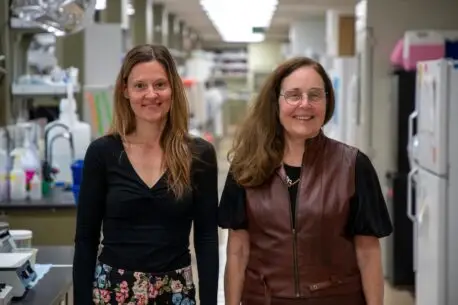
"We are grateful for this opportunity to deepen our collaboration with such an influential partner in autoimmune research."

Sonia Sharma, Ph.D., and her lab members lead unbiased, genome-scale approaches to unravel innate immunity, the body’s early immune response to microbial pathogens and neoplastic cells.

Alessandro Sette, Dr.Biol.Sci., defines in chemical terms the specific structures (epitopes) that the immune system recognizes and uses this knowledge to measure and understand immune responses.

Anjana Rao, Ph.D., focuses on understanding how signaling pathways control gene expression, using T cells and other cells of the immune system as models.

Samuel Myers, Ph.D., studies the signaling circuits that drive the behavior of individual immune cells and ultimately orchestrate systemic immune responses.

Mitchell Kronenberg, Ph.D., and his team study T cells – white blood cells responsible for recognizing and responding to foreign invaders, such as microbes.

Patrick Hogan, Ph.D., studies cells at the nano level – seeking to understand how protein-protein interactions on the submicroscopic scale can have gargantuan impacts on human health and disease.

Michael Croft, Ph.D., and his team focus on a number of molecules that are members of the tumor necrosis factor (TNF) and tumor necrosis factor receptor (TNFR) family.

Hilde Cheroutre, Ph.D., and her team study the development, function, and regulation of T lymphocytes, a type of white blood cells.

Dr. Reina-Campos’ lab seeks to understand the underlying principles governing tissue immune networks that enable robust and long-term protection against infection and tumors.

Leading immunologist honored for research into the roots of autoimmunity, cancer development, and more

New analysis shows men and women really do have immune cell differences

New study shows autoimmune rheumatoid arthritis research focused on women will bring billions to the economy. Leading immune research institute announces new sex and gender focus.
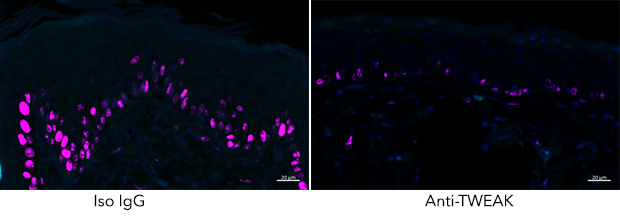
New LJI study shows there may be a way to help even more psoriasis patients

Immune cells called monocytes offer clues to treating cancers, heart disease and more
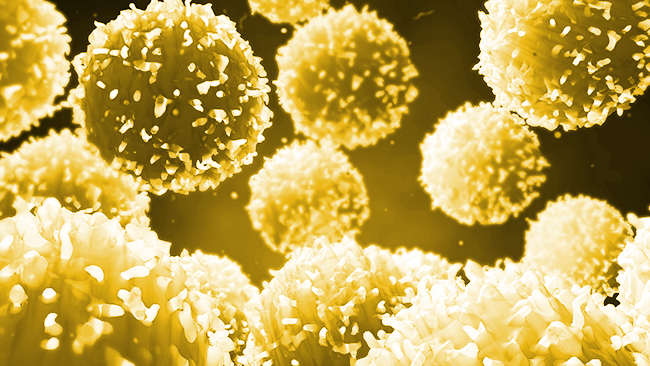
Harnessing the combined power of Vitamin C and TET proteins may give scientists a leg up in treating autoimmune diseases

LJI scientists uncover coordinated immune cell activity as a driver of systemic lupus erythematosus
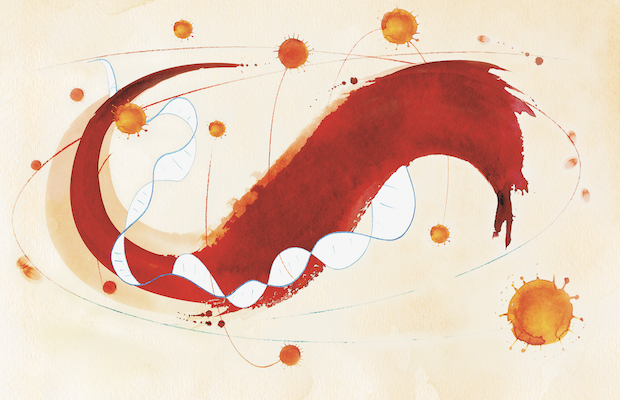
Men and women have different immune systems. With a better understanding of sex-specific immune differences, scientists can more effectively fight infections, cancers, heart disease, and even pregnancy complications.

Myers Lab to expand autoimmune disease research, cancer and more
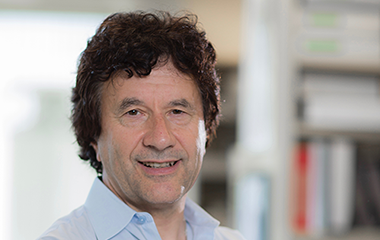
New research could shed light on how immune cells can better fight cancers or step back in autoimmune disease
One large subgroup of specialized T cells is encompassed by the intraepithelial T cells which are located in the epithelium of the small intestine in humans and mice. intraepithelial T cells are distinct from conventional T cells with regard to…
Celiac Disease (CD) is an autoimmune-like inflammatory disease induced by aberrant immune responses initiated by MHC class II restricted CD4 T cells and directed towards dietary gluten. CD is the prototype of diseases in which a clear role of antigen-specific…
T cells are central to almost all immune responses. The CD4 subset is capable of directing B cell responses and humoral immunity, and can modulate the actions of many other cell types including CD8 T cells, dendritic cells, macrophages, eosinophils,…
We are now trying to elucidate the regulatory functions displayed by the self-specific agonist selected T cells and their role in controlling autoimmune diseases, graft rejections and tumor rejection. We are also investigating the critical role of the DCs in…
MHC class-II restricted CD4+ T cytotoxic cells (CD4 CTL) are among the best examples of extreme measures the immune system can take to prepare the host to deal with challenges including infections, cancers and autoimmunity. CD4+ T cells that initially…
Autoimmunity is a self-destructive disease condition mediated mainly by pathogenic selfreactive αβ T cell receptor (TCR) expressing T lymphocytes. Self-tolerance for T cells is initially established during thymic selection and based on the affinity/avidity of the αβTCR for self-antigen/Major Histocompatibility…
PKC enzymes play critical roles in the differentiation and proliferation of many cell types, including T cells, and in the response to diverse stimuli. Little is known, however, about the substrate specificity and role of individual PKC isoforms in distinct…
One large subgroup of these specialized T cells is encompassed by the IEL which are located in the epithelium of the small intestine in humans and mice. IEL are distinct from conventional T cells with regard to phenotype and function,…
New study reveals how a subset of T cells morphs from peacemaker to rabble-rouser when TET activity is lost
























